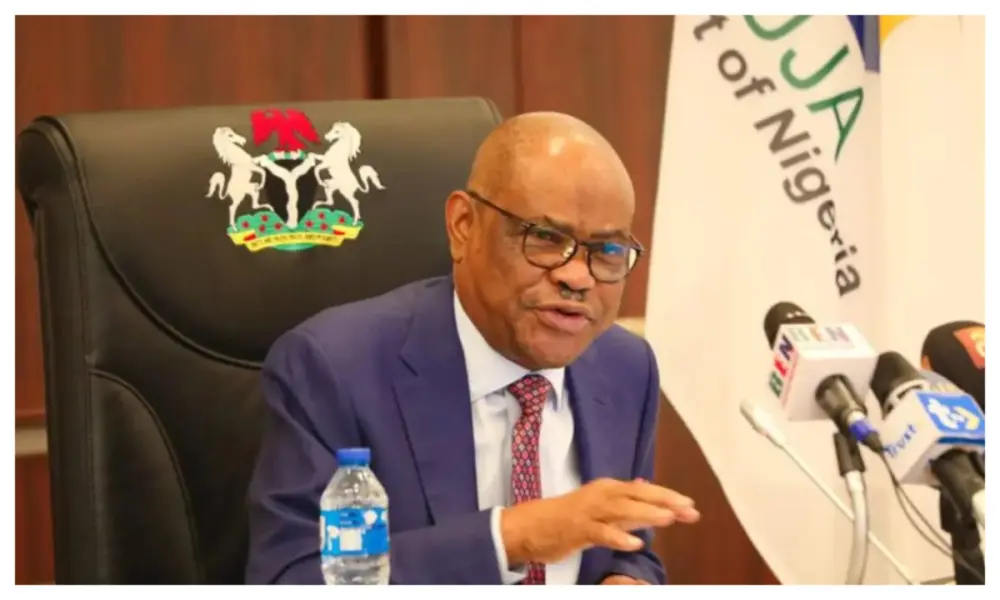A socio-political group known as Rising Sun has accused Nigeria’s former Head of State, General Yakubu Gowon (rtd), of distorting the historical facts surrounding the failure of the 1967 Aburi Accord—an agreement many historians believe could have prevented the Nigerian Civil War.
In a strongly-worded statement issued on Sunday in Abuja, the group challenged Gowon’s recent claims that the accord collapsed because then Eastern Region Governor, General Chukwuemeka Odumegwu Ojukwu, insisted on regional control of the military.
The statement, jointly signed by Chief Maxwell Dede, President of Rising Sun, and Rev. Fr. Augustine Odimmegwa, the group’s Secretary, described Gowon’s explanation as “misleading” and “an attempt to rewrite history.”
“The demand for regional control of security forces was a legitimate push for justice and true federalism, not a trigger for war,” the group stated.
The Aburi Accord, held in Ghana on January 4–5, 1967, was a high-level meeting between Nigerian military leaders aimed at preventing national disintegration following the violent coups of 1966 and the ensuing massacre of Easterners in Northern Nigeria. The agreement, recorded in both written and audio form, reportedly emphasized regional autonomy, a decentralized federation, and collective military oversight.
Rising Sun contended that the breakdown of the accord stemmed not from Ojukwu’s position but from Gowon’s alleged decision to renege on the agreement under pressure from the British government and Northern elites, who were keen on preserving a centralized Nigeria that served foreign economic interests, notably Shell BP.
“Britain did not want a successful federation of autonomous regions. It wanted a unified, centrally-controlled Nigeria under Fulani dominance,” the group claimed.
The group further compared Ojukwu’s position at Aburi to the United States’ federal model, where state governors have authority over their National Guards, arguing that the demand for regional control of security is not only justifiable but also standard in federal systems.
“Is it treasonous in a federal system for regional leaders to demand control over security forces in their territories?” the group asked.
According to Rising Sun, the consequences of the Accord’s collapse continue to haunt Nigeria today, manifesting in insecurity, economic instability, and what they describe as a “unitary state masquerading as a federation.”
They called on Nigerian historians, researchers, and academics to revisit original records of the Aburi Accord to counter what they termed Gowon’s “lies.”
“We call on all truth-seeking historians, scholars, and lovers of justice to revisit the original tapes and documents of the Aburi Accord—many of which are publicly available—to expose the lies,” the statement read.
Rising Sun emphasized that Ojukwu’s position at Aburi was not a call for secession but a plea for autonomy, safety, and a just federation.
“Ojukwu stood on the side of justice. History has already passed its verdict, and it is not in Gowon’s favour,” the group concluded.
This development comes amid renewed calls across the country for restructuring Nigeria’s federal system to address long-standing regional grievances and demands for true federalism.



